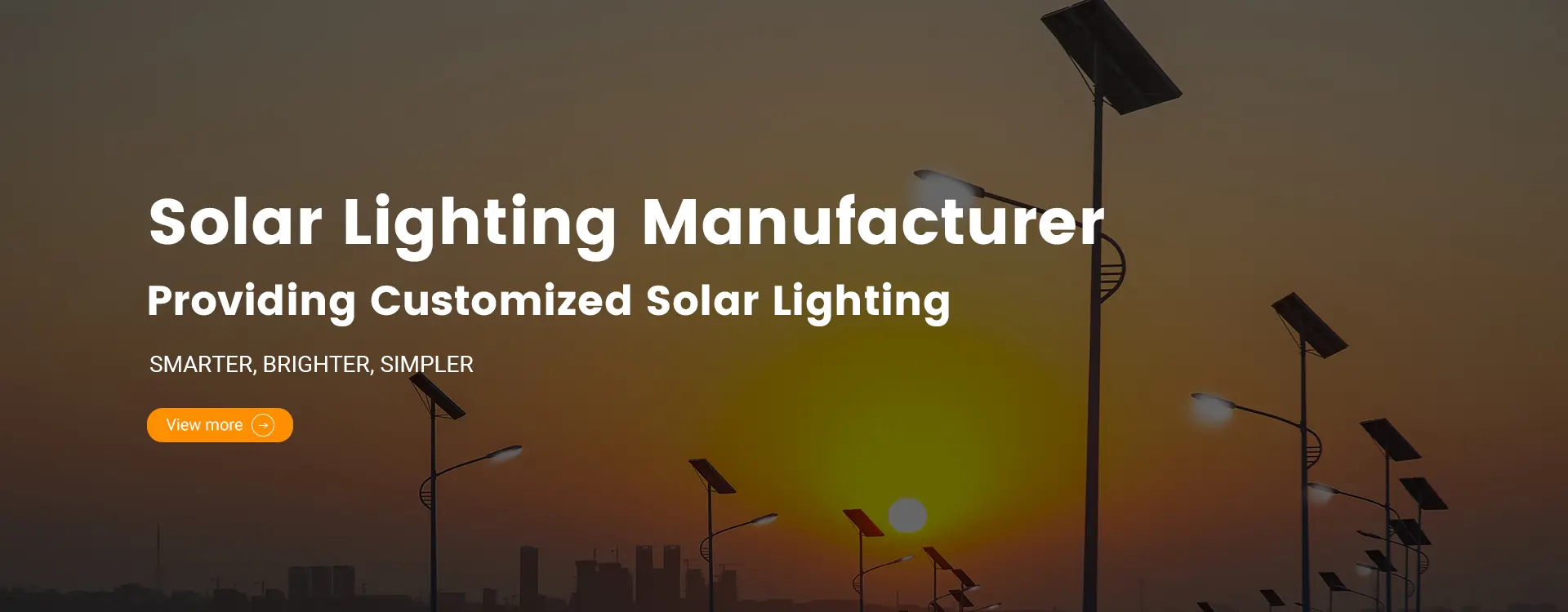
SOLAR POWER SYSTEM
A solar power system is a technology that converts sunlight into electrical energy, offering a clean and sustainable alternative to traditional energy sources. Here are the key components and benefits of a solar power system:
-
Photovoltaic (PV) Panels: PV panels are the core component of a solar power system. These panels are made of semiconductor materials that generate electricity when exposed to sunlight through the photovoltaic effect.
2. Inverter: The inverter is responsible for converting the direct current (DC) electricity produced by the PV panels into alternating current (AC), which is used to power most household and commercial appliances.
3. Mounting Structure: PV panels need to be mounted securely on a structure, often positioned on rooftops or ground-mounted frames. The mounting structure ensures the optimal orientation and tilt for maximum sunlight exposure.
4. Solar Charge Controller (for Off-Grid Systems): In off-grid solar power systems, a charge controller is used to regulate the charging and discharging of batteries. It prevents overcharging and ensures the batteries’ longevity.
5. Batteries (for Off-Grid Systems): In off-grid solar systems, batteries store excess electricity generated during sunny periods for use during cloudy days or at night. This provides a continuous power supply when sunlight is unavailable.
Benefits of Solar Power Systems:
1. Renewable and Sustainable: Solar power is a renewable energy source, meaning it won’t deplete over time. Harnessing energy from the sun is a sustainable way to generate electricity without contributing to resource depletion.
2. Reduced Electricity Bills: By generating your own electricity, solar power systems can lead to significant reductions in monthly electricity bills. Excess electricity can sometimes be fed back into the grid, earning credits or payments in certain regions.
3. Lower Environmental Impact: Solar power systems produce electricity without emitting greenhouse gases or other pollutants. They contribute to lowering the overall environmental impact and combatting climate change.
4. Energy Independence: Solar power systems provide a degree of energy independence, reducing reliance on conventional energy sources and minimizing vulnerability to power outages or price fluctuations.
5. Long-Term Cost Savings: While the initial investment for a solar power system can be significant, it often pays off in the long run through lower energy bills and potential incentives, rebates, or tax credits provided by governments.
6. Minimal Maintenance: Solar power systems generally require minimal maintenance. Regular cleaning of PV panels and occasional check-ups on other components can ensure optimal performance.
7. Grid-Tied Systems (Net Metering): Grid-tied solar power systems can be connected to the electrical grid. Excess electricity generated can be fed back into the grid, and homeowners may receive credits or payments from utility companies through net metering programs.
8. Increasing Efficiency and Innovation:
In summary, solar power systems offer a sustainable, cost-effective, and environmentally friendly solution for generating electricity. As technology evolves, these systems are becoming more accessible and efficient, making solar power an increasingly attractive option for residential, commercial, and industrial applications.
-
Ongoing advancements in solar technology lead to more efficient and affordable systems. Innovations in materials, design, and storage solutions continue to improve the overall performance of solar power systems.
-
Cost Savings: By utilizing free solar energy, solar water heaters can significantly reduce electricity or gas bills associated with water heating. Over time, the initial investment pays off through lower utility costs.
-
Environmentally Friendly: Solar water heaters contribute to a reduction in greenhouse gas emissions, helping combat climate change. They have a lower environmental impact compared to conventional water heaters that rely on non-renewable energy sources.
-
Energy Independence: Solar water heaters provide a degree of energy independence, allowing users to rely less on external energy sources and fluctuations in utility prices.
-
Long-Term Durability: High-quality solar water heaters are built to last, requiring minimal maintenance. They typically come with warranties, providing peace of mind and long-term reliability.
-
Versatility: Solar water heaters are versatile and can be used in various climates. They are equipped with backup systems (electric or gas) for cloudy days or periods of high demand.
-
Government Incentives: Many governments offer incentives, rebates, or tax credits for installing solar water heaters, making the initial investment more affordable and encouraging the adoption of renewable energy technologies.
-
Reduced Carbon Footprint: By utilizing solar energy, these systems help reduce the carbon footprint associated with traditional water heating methods, promoting a more sustainable and environmentally responsible lifestyle.
-
Scalability: Solar water heating systems are scalable, making them suitable for both residential and commercial applications. They can be tailored to meet specific hot water demand requirements.
-
Low Operating Costs: Once installed, solar water heaters have low operating costs since sunlight is free. Regular maintenance is minimal, and the systems are designed to be reliable over the long term.
In summary, a solar water heater is a smart investment for those seeking to lower their energy bills, reduce their environmental impact, and contribute to a more sustainable future. As technology continues to advance, solar water heaters are becoming increasingly efficient, making them an attractive option for individuals and businesses looking to adopt cleaner and more cost-effective energy solutions.